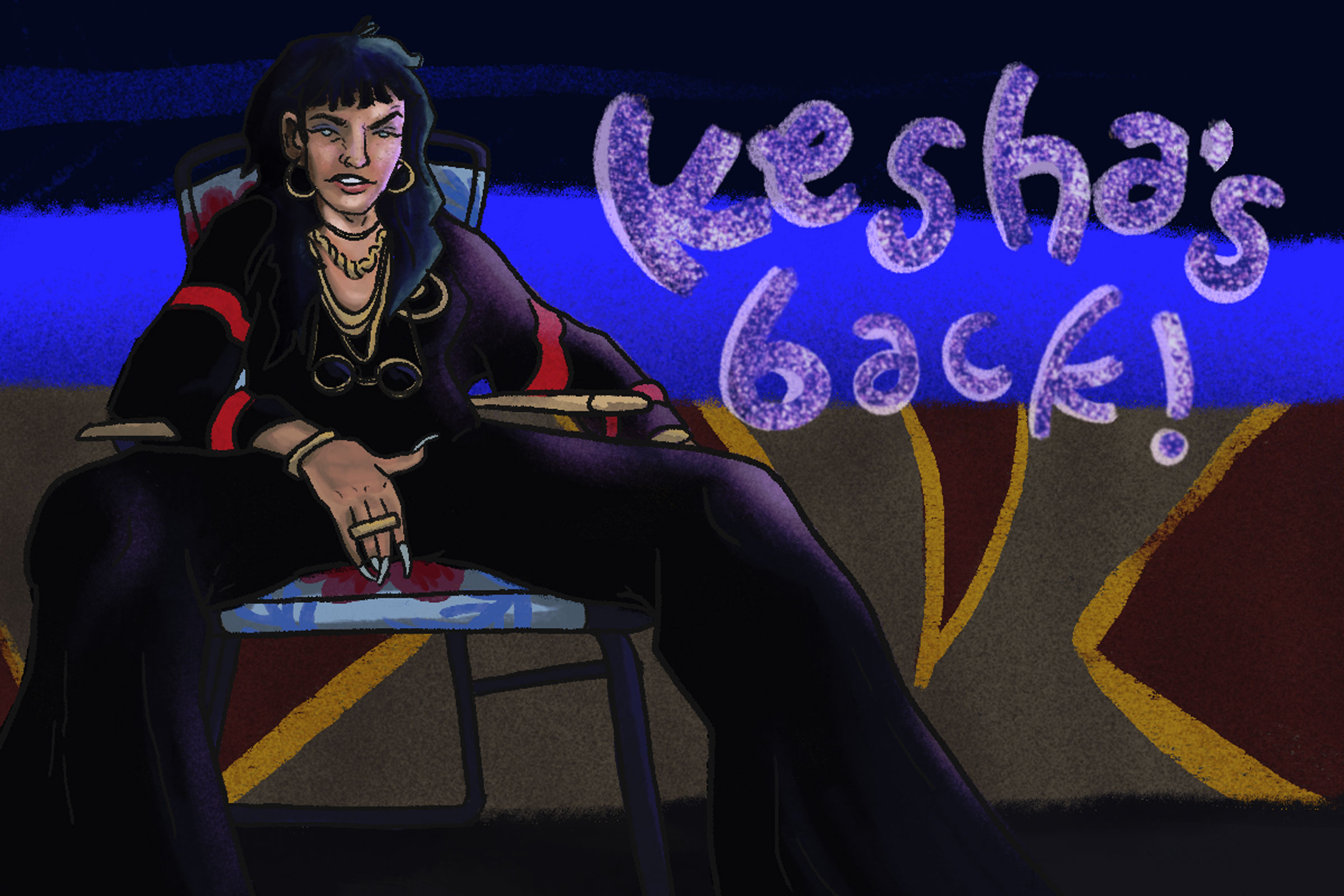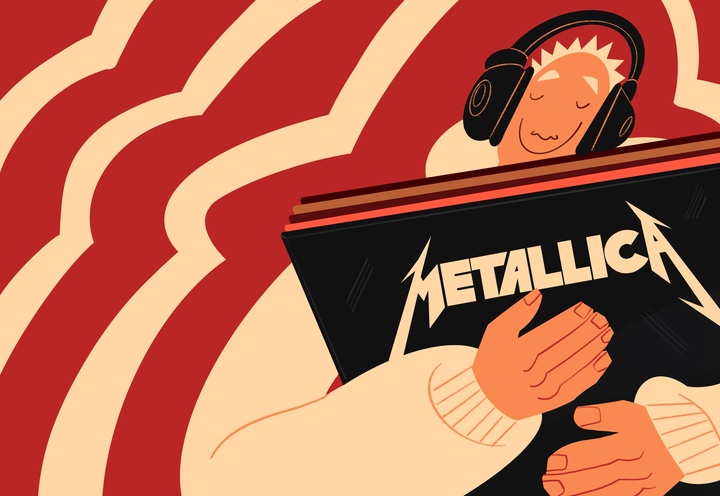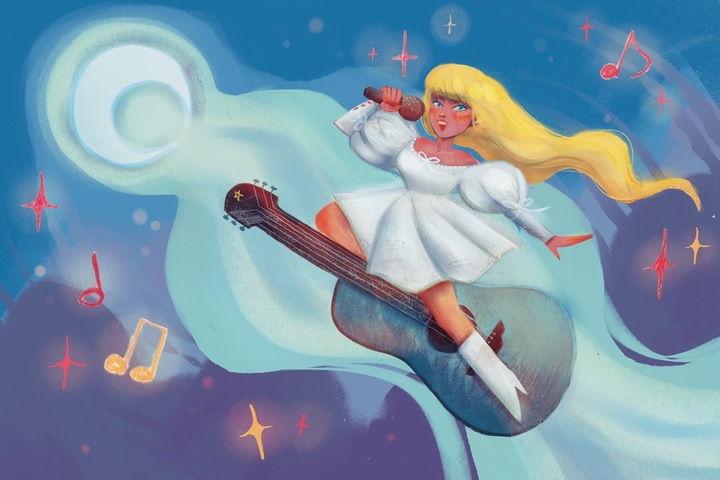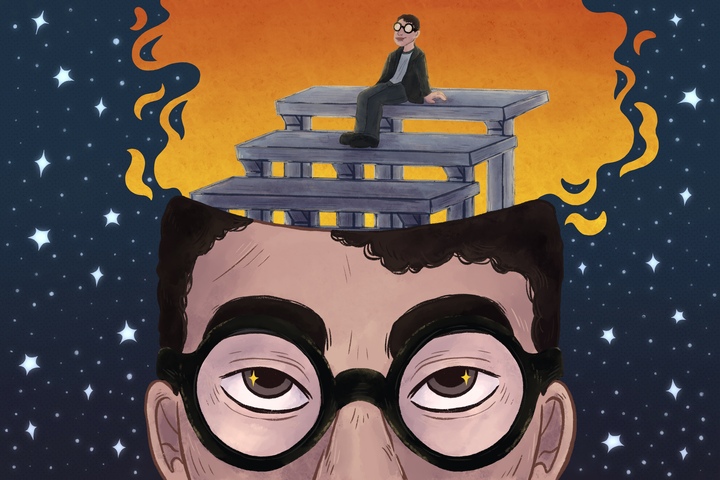In Kesha’s words, she’s got her balls back. After her triumphant and bold return with Rainbow, she has graced us with yet another wonderful album. This time around she’s re-embraced her updated party girl image. For a woman who’s gone through serious trauma and is still battling her abuser to this day, High Road is a revolutionary album to make.
The first track is a great microcosm of the entire album. It starts off grand- big piano chords and Kesha’s powerful vocals proclaiming that tonight is going to be the best night of our lives. There’s a sound reminiscent of a power-ballad in the opening of “Tonight,” quickly the beat picks up, and Kesha starts detailing her party animal antics. This transition mirrors the change from Rainbow to High Road– feeling free to make fun music again but not afraid to make a serious comment, either. She uses the iconic talk-rapping style from tracks like her chart-topper “Tik Tok,” earning her the party-girl claim to fame that creates a successful hybrid of the old and the new.
“It’s not a song that anybody would’ve imagined coming from Kesha ten years ago.”
High Road progresses with an unabashed desire to enjoy life infused with Kesha’s classic M.O. of “screw the haters.” “My Own Dance” references 2012, the year Kesha released Warrior, her last album with Dr. Luke. The song doesn’t focus on the healing she went through after the trauma she faced as she did in Rainbow. Instead, Kesha does her own dance, she isn’t a puppet for anyone. Her initial single and music video release for the album, “Raising Hell”, is an allegory for the abuse and manipulation she faced along with the growth and persecution upon dealing with court cases, restraining orders, and degradation from not only the public but her own record label.
High Road follows a transitional pattern that starts with the “party-Kesha” we knew and loved from the early 2010s with her own 2020 spice, but it moves towards a campfire feel similar to the country-pop songs on Rainbow. She earnestly releases her emotions, touching the effects of toxic people in “Shadow” and “Honey,” the thoughts that cross your mind when you’re lonely and indulging in hypotheticals in “Cowboy Blues,” and the emotions an individual goes through in a manipulative and draining relationship on “Resentment.”
She’s figuring herself out in this world, and frankly this Kesha is going to write songs like “Potato Song (Cuz I Want To)…”
“Little Bit of Love” breaks the pattern of ballads with some upbeat piano chords- she’s in the process of breaking free, presumably from the relationship referenced in “Resentment.” “Birthday Suit” and “Kinky (feat. Ke$ha)” not only feel true to the “old” Kesha with their racier topics but truly bring Kesha and the Ke$ha we first met in 2010 together as one individual. She didn’t change- just grown up a lot. She’s figuring herself out in this world, and frankly this Kesha is going to write songs like “Potato Song (Cuz I Want To)” with a fun polka rhythm perfect for her newfound attitude towards life. Growing up is hard– she’s making what she wants, even if it’s not going to be a hit, because she wants to!
The personal detail in the lyrics goes beat for beat with the elaborate and emotional production. Each song has a definitive mood and feel that gives the lyrics the chance to pack the strongest punch possible. “BFF” even relays specific personal stories, describing how the artist Wrabel sent her a bag of suggestively shaped candies before Kesha’s comeback Grammy performance– a moment of massive vulnerability during one of the biggest nights in music. “Father Daughter Dance” gives an intimate portrait of growing up with a single mom and how complicated feelings towards an absent father can be. It’s not a song that anybody would’ve imagined coming from Kesha ten years ago.
The conclusion wraps the LP in a bright pink bow. The lyrics are vibrant, excited, and leaves the listener ready to take on the world. It’s hard to listen to the tone of “Summer” without a smile creeping on your face. Kesha has gone through her winter with everything that she’s been through, Rainbow seems to be spring for her- a period of regrowth and change. It’s apt that High Road ends with the jubilation that comes with summer.
Kesha’s overcome all the trials that have befallen her and come back to become a better and fuller version of herself. Oftentimes, women who have experienced abuse and trauma are expected to act and behave a certain way- there’s this perception that girls should “learn to behave”. Kesha is radically subverting this and reclaiming a joyous lifestyle, and it’s so refreshing.



